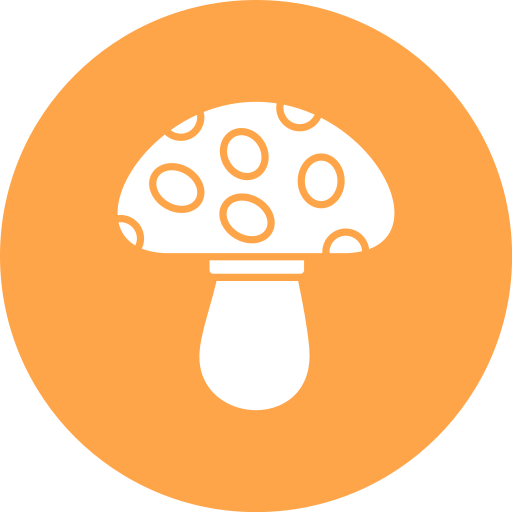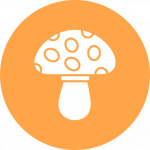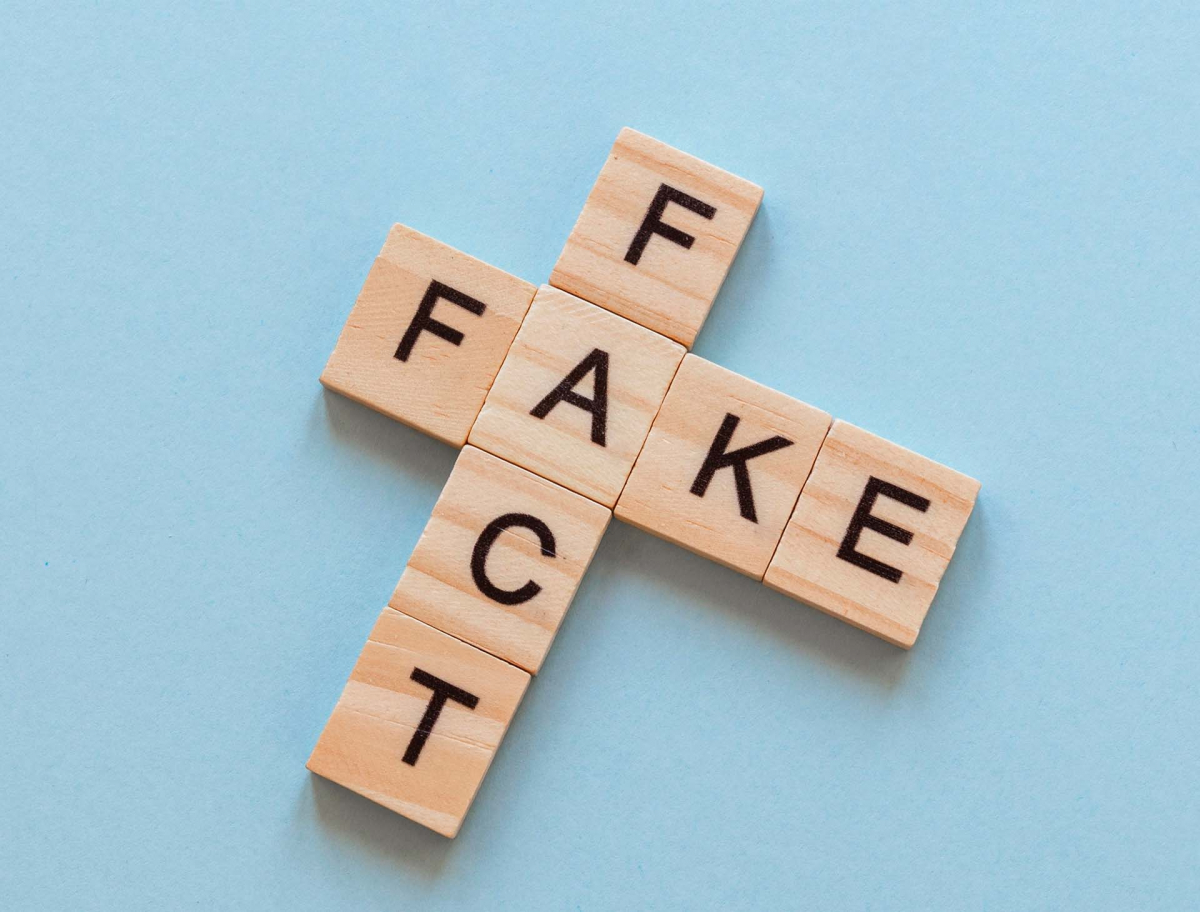In this article
Myth: Medicinal Mushrooms Are Unsafe
Myth: Medicinal Mushrooms Have No Scientific Basis
Myth: All Mushrooms Are Created Equal
In the realm of health and wellness, few topics have sparked as much debate and speculation as medicinal and functional mushrooms.
While these remarkable fungi offer a wealth of therapeutic benefits, they are also shrouded in myths and misconceptions that can lead to confusion and misinformation.
From concerns about safety to doubts about efficacy, it's time to set the record straight and uncover the truth about these extraordinary organisms.
Join us as we debunk common myths and misconceptions surrounding medicinal and functional mushrooms, backed by scientific evidence and expert insights.
Myth: Medicinal Mushrooms Are Unsafe
One of the most persistent myths surrounding medicinal mushrooms is the belief that they are inherently unsafe for consumption.
While it's true that some wild mushrooms can be toxic if ingested, the vast majority of medicinal mushrooms sold commercially are safe for consumption when used as directed.
In fact, many of these mushrooms have been consumed for centuries in traditional medicine systems without adverse effects [1].
Furthermore, rigorous quality control measures are in place to ensure the safety and purity of medicinal mushroom products.
Reputable manufacturers adhere to strict standards for cultivation, harvesting, and processing, minimizing the risk of contamination and ensuring that products meet regulatory requirements [2].
As with any dietary supplement, it's important to source mushrooms from trusted suppliers and follow dosage recommendations to minimize any potential risks.
Myth: Medicinal Mushrooms Have No Scientific Basis
Another common myth is the belief that the therapeutic benefits of medicinal mushrooms are merely anecdotal and lack scientific evidence to support them.
However, nothing could be further from the truth. Over the past few decades, a growing body of scientific research has provided compelling evidence for the efficacy of medicinal mushrooms in promoting health and well-being.
Numerous studies have demonstrated the immune-modulating, anti-inflammatory, and antioxidant properties of mushroom polysaccharides, triterpenes, and other bioactive compounds [3].
Clinical trials have confirmed the efficacy of mushroom extracts in improving immune function, reducing inflammation, and enhancing quality of life in individuals with various health conditions [4].
Moreover, research continues to uncover new therapeutic applications for medicinal mushrooms, from cancer treatment to neuroprotection and beyond.
Myth: All Mushrooms Are Created Equal
One of the misconceptions surrounding medicinal mushrooms is the belief that all species offer the same health benefits.
In reality, different mushrooms contain unique combinations of bioactive compounds that confer specific therapeutic properties. For example, Reishi (Ganoderma lucidum) is prized for its immune-modulating effects, while Lion's Mane (Hericium erinaceus) is renowned for its cognitive-enhancing properties [5].
Moreover, the quality and potency of mushroom products can vary widely depending on factors such as cultivation methods, harvesting techniques, and processing procedures.
It's essential to choose high-quality mushroom supplements from reputable manufacturers that use standardized extracts and conduct third-party testing to verify purity and potency [6].
By selecting the right mushrooms and ensuring product quality, consumers can maximize the health benefits of these extraordinary fungi.
Myth: Medicinal Mushrooms Are Only for Sick People
Contrary to popular belief, medicinal mushrooms are not solely reserved for individuals with existing health conditions.
While they can certainly provide valuable support for individuals undergoing treatment or managing chronic diseases, medicinal mushrooms offer benefits for people of all ages and health statuses.
From boosting immunity to enhancing cognitive function and promoting overall vitality, these remarkable fungi have something to offer everyone [7].
Incorporating medicinal mushrooms into a balanced diet and wellness routine can help maintain optimal health and resilience against environmental stressors.
Whether consumed as supplements, brewed into teas, or incorporated into culinary creations, mushrooms can be enjoyed by anyone looking to support their well-being naturally.
By embracing the preventive and proactive approach to health, individuals can harness the full potential of medicinal mushrooms to thrive and flourish.
Conclusion
As we dispel the myths and misconceptions surrounding medicinal and functional mushrooms, we reveal the truth about these extraordinary fungi and their profound health benefits.
From debunking safety concerns to highlighting the scientific evidence supporting their efficacy, it's clear that mushrooms are not just a passing trend but a timeless remedy with roots in ancient wisdom and modern science.
By embracing the truth about medicinal mushrooms, we can unlock their full potential to nourish body, mind, and soul.
Stamets P. (2013). Growing gourmet and medicinal mushrooms. Ten Speed Press.
Chiu HF, et al. (2017). Safety surveillance of Reishi preparation. Journal of Traditional and Complementary Medicine, 7(2), 252-256.
Wasser SP. (2011). Current findings, future trends, and unsolved problems in studies of medicinal mushrooms. Applied Microbiology and Biotechnology, 89(5), 1323-1332.
Hetland G, et al. (2008). Effects of the medicinal mushroom Agaricus blazei Murill on immunity, infection, and cancer. Scandinavian Journal of Immunology, 68(4), 363-370.
Spelman K, et al. (2017). Neurological activity of Lion's Mane (Hericium erinaceus). Journal of Restorative Medicine, 6(1), 19-26.
Smiderle FR, et al. (2011). Medicinal mushrooms: a source of biologically active polysaccharides. Current Pharmaceutical Biotechnology, 12(8), 1413-1418.
Ulbricht C, et al. (2008). Reishi mushroom (Ganoderma lucidum): systematic review by the natural standard research collaboration. Journal of the Society for Integrative Oncology, 6(4), 148-155.



